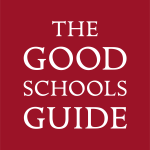Brian Haydock, the earliest former School Captain we still have contact with, had a record-length immersion in the school, from joining Miss Bedford’s Prep as a six-year-old in January 1933 to departing for the RAF in July 1944. His time and memories were radically split by the evacuation to Petersfield in 1939. After Emanuel, Brian went on to study French and Russian studies at Pembroke College, Cambridge, before embarking on a career in the RAF and the Cabinet Office.
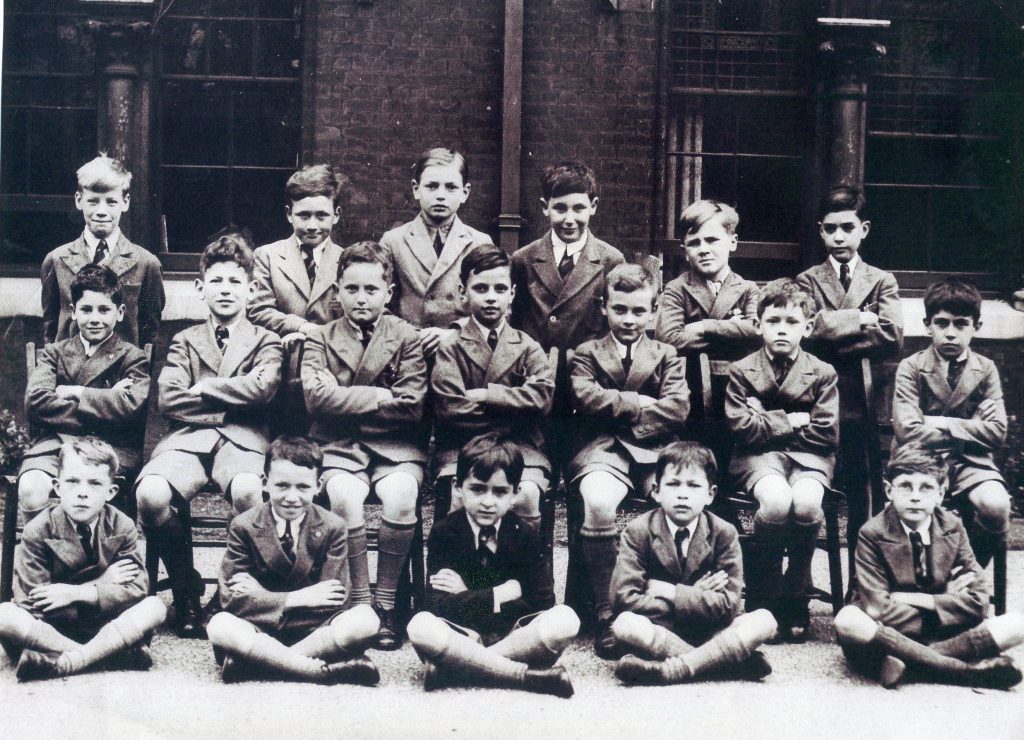
Prep House Raglan 1934
What are your best memories of Emanuel?
I have mostly pleasant memories from the London spell (though my father’s death in 1936 rather dampened the latter part), but the strongest and probably the best were from the war-time period. That may sound odd, but this arose from several different factors. For a start I was fortunate in that my mother, herself a graduate teacher, was able to accompany myself and my two brothers as a designated ‘school helper’; added to that, Petersfield and the surrounding area were very attractive; and, unlike the London situation, one’s school mates were all living close at hand.
For those with parents still in London or fathers in the fighting services there were periods of great stress, but our country retreat did not get battered; the sirens sounded (Portsmouth was only 18 miles away) and we’d hear the old diesel Junkers and other aircraft rumbling over at night, but they didn’t bother with us so it was a case of waiting for the “all clear”, back to bed and school in the morning. The first lesson was perhaps at the Sun Inn and then we’d rush across town to Windsor Road Chapel. There was a varied selection of venues for morning work, though we had the use of the local College classrooms for the afternoons.
Of course, we all took the war seriously, but it is important to appreciate that the active war went on throughout our teenage years and so became part of life’s normal background, like the weather. We did not spend all our time thinking about it; whilst there were plenty of stormy days, some very nasty ones – bombed London homes, family losses, military disasters – for most of us teenagers away from the cities the vast majority of wartime days were peaceful and reasonably sunny.
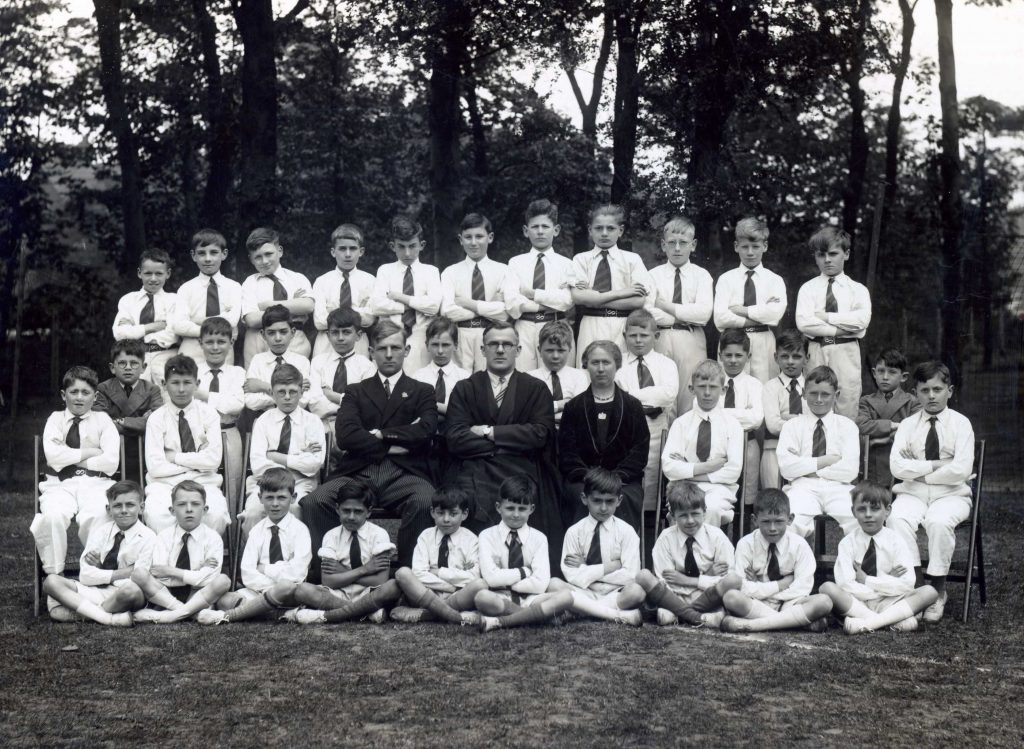
Prep House Raglan 1936
What were your responsibilities as a School Captain?
My duties as a school captain were never spelled out to me and I can’t recall any laid-down routines. I suppose I viewed myself as the senior disciplinary authority below the Head and the staff generally and enjoyed pontificating to the hoi polloi at Assembly after the staff had left. We all lived near the town, so misbehaviour outside as well as inside school hours was soon spotted and reported back.
I usually had a brief session with the Head at least once a week, at which I was welcome to raise anything that I needed advice on such as morale or problems with our host-school boys. It was somewhat of a doddle really, but I enjoyed my brief authority!
Do you have any funny memories from your time as School Captain?
One sunny afternoon shortly before D-Day, David Stockton (School Captain: 1943) and I were walking along the road to the College dressed in our summer finery of school blazer, house scarves, straw boaters and JTC pace-sticks when an enormous convoy of US Army lorries on its way down to Portsmouth started to pass us. It was loaded down with GIs and they had undoubtedly never seen a phenomenon quite like Haydock and Stockton before. We received some ribald applause and mockery as they passed, which we took with good and superior grace, but then the convoy ground to a halt. The College was still two or three hundred yards away and now of course the lads could really enjoy laughing at us at their increasingly raucous leisure. We made it at last, clinging on to our dignity and upper lips, but it was a very long few hundred yards!
Who was the Headmaster and what are your recollections of him?
The Head, Cyril Broom, was a rather old-fashioned, solid disciplinarian with a reserved and serious manner but he was absolutely fair and cared very deeply for the school and its pupils; it was perhaps indicative that he himself interviewed me at six years old for entry to the school in the first place. He carried off the whole evacuation exercise and the Petersfield experience with quiet but obvious success. His wife was an absolute sweetie, too.
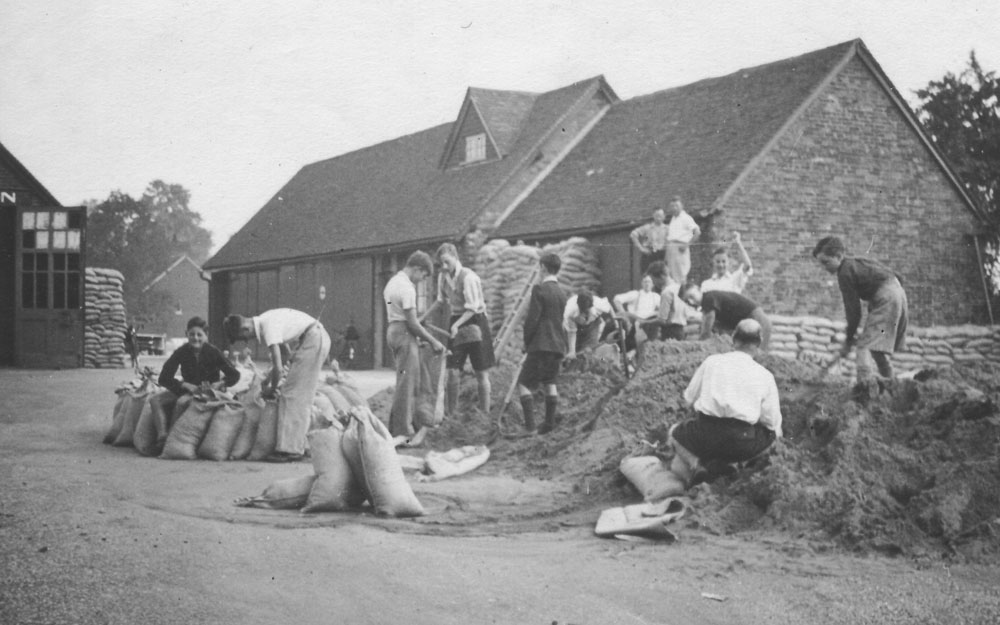
Did any particular teachers influence you?
Relations with teachers were in a sense closer than in normal times. Teachers also all lived in the town, so one met them out shopping in their everyday clothes and with wives or family members. And, with the shortage of classroom accommodation, some would have us older ones run to their digs for extra evening classes (Miss ‘Fanny’ Chaplin’s extra French sessions were usually accompanied by gramophone music, from which developed my love of Mozart). For two years my family shared a house with Major Hill, who taught geography and was CO of the school Cadet Corps, and his wife so I got to know him rather well.
A number of the pre-war staff were called-up to the services, so there was quite a turnover and we acquired a selection of female teachers, which was novelty for the main school. My mother was recruited in 1941 by our host school and went on teaching there well into the 1960s.
What’s the biggest lesson you learned at Emanuel?
The biggest lesson I learnt during that time concerned self-confidence. I was naturally timorous, and my father’s early death left me without strong male encouragement when I needed it most. Involvement in amateur dramatics, both at school and with a group in Petersfield, helped me begin to overcome this and the later requirement to practice my oratory at school Assemblies really got me involved. I particularly remember a hilarious admonitory lecture on the proliferating appearance of quizzical Mr Chad [a wartime cartoon] all over the town. “Cor”, I thought, “they lapped it up!”
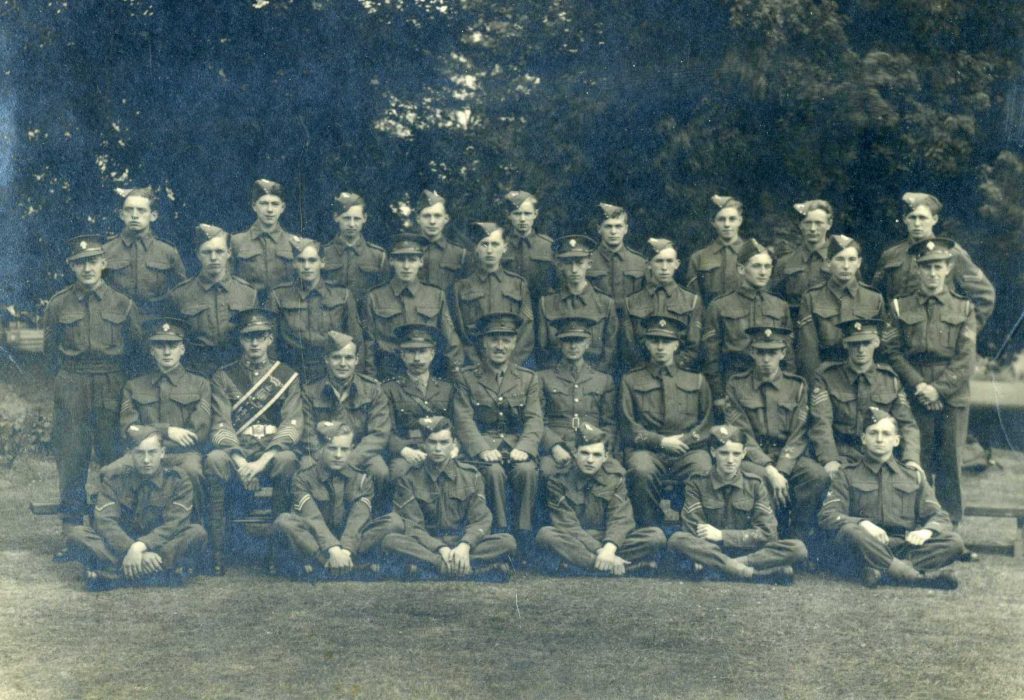
OTC in Petersfield, 1942
What did you do when you left school?
I did a couple of terms of French Studies at Caius College, Cambridge courtesy of the RAF on my way into aircrew training and later did a Russian language course there. Demobobilisation led me back to Cambridge where I graduated in French and Russian studies at Pembroke College.
Having done some work for GCHQ’s predecessor while I was in the RAF, I joined them at Eastcote while I made up my mind what I really wanted to do and ended up staying on. It was a great place to work with fantastic colleagues, a stimulating environment and a satisfying sense of purpose. GCHQ also sent me to Germany for three years and later to Washington for four more, experiences I highly recommend.
After working for five years on a Duty Officer team in the Cabinet Office, I then worked as a casual driver for the local car dealership which had supported me so valiantly during my spell of Cheltenham to London commuting. It was a wonderful job, meeting all sorts of people and visiting places throughout the UK which I’d never otherwise have seen.
How do you spend your spare time?
I am largely self-reliant, still drive, and pass a lot of time on cryptic crosswords, the internet and world news, but otherwise spend hours just sitting or reading – or dozing!
During isolation, I’m spending much more time on Skype, FaceTime and the internet generally. This morning (my birthday as it happens), I gazed on and/or talked to all of my first, six of my second and three of my third generation offspring – and that without any domestic disorder, extra washing-up or dirty glasses!
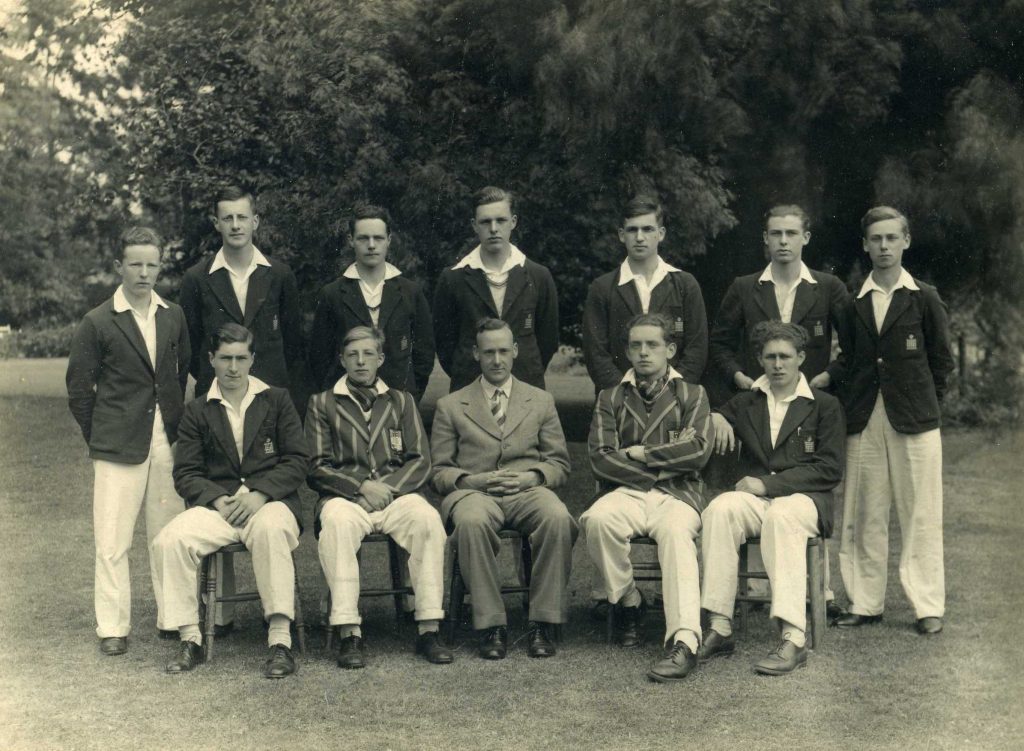
Cricket in Petersfield, 1942
What advice would you give your former self with the benefit of experience?
Giving advice is not really my thing; in my experience people only learn from their own mistakes, mishaps and misjudgements, though they may ruefully remember earlier advice when the relevant circumstance hits them. But I will throw in the one piece of advice that I have found most universally relevant. Whether it’s dirty dishes, unexpected overdrafts, relationship problems, plumbing blockages or whatever, clear up as you go along!
Brian Haydock, April 2020









